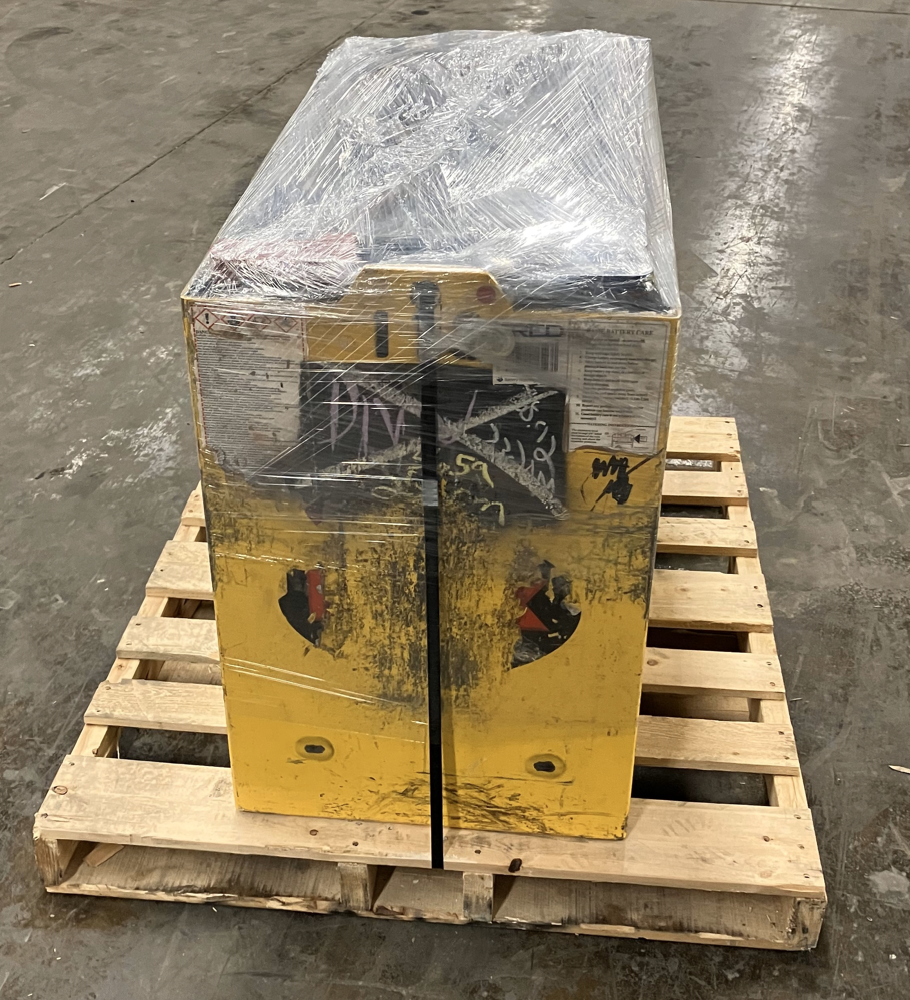Environmental and Safety Considerations for Forklift Battery Disposal
Forklifts play a vital role in warehouses, manufacturing plants, and other industrial settings. However, as with any heavy machinery, proper maintenance and disposal practices are crucial, especially when it comes to batteries. Forklift batteries, often large and potentially hazardous, require careful handling and disposal to avoid environmental damage and health risks. In this blog post, we’ll discuss the environmental and safety considerations for forklift battery disposal and highlight best practices for businesses.
1. Understanding the Types of Forklift Batteries
Before diving into disposal methods, it’s essential to understand the types of batteries used in forklifts. The two primary types are:
- Lead-Acid Batteries: The most common type, known for their affordability and durability. However, they contain lead and sulfuric acid, both of which are hazardous materials. Lead Acid Batteries for Forklifts are largely Flooded, but there are becoming more options for VRLA (Sealed, AGM, Thin Plate Pure Lead).
- Lithium-Ion Batteries: Increasingly popular due to their efficiency, longer life, and less maintenance, but they contain metals and chemicals that can harm the environment if not disposed of correctly.
Each battery type has specific disposal regulations and environmental impacts, making it crucial to handle them appropriately.
2. Environmental Impact of Improper Disposal
Improper disposal of forklift batteries can have severe environmental consequences. Some of the key concerns include:
- Soil and Water Contamination: Batteries contain heavy metals like lead and lithium, which can seep into the soil and water, contaminating ecosystems and posing health risks to humans and wildlife.
- Toxic Gas Emissions: Inappropriate disposal, such as burning or landfilling batteries, can release harmful gases and contribute to air pollution.
- Non-Biodegradable Waste: Batteries do not decompose easily, and when left in landfills, they occupy valuable space while releasing harmful substances into the environment.
To mitigate these risks, it’s essential to follow responsible disposal practices and comply with environmental regulations.
3. Safety Risks Associated with Battery Disposal
Disposing of forklift batteries is not only an environmental issue but also a safety concern. Some of the risks include:
- Chemical Burns and Poisoning: Batteries contain sulfuric acid, a corrosive substance that can cause severe chemical burns. Additionally, exposure to lead can lead to poisoning, which may result in long-term health issues.
- Explosions and Fires: Lithium-ion batteries, in particular, are prone to overheating and can catch fire or explode if mishandled or damaged during disposal. These fires are challenging to extinguish and pose significant hazards to workers.
- Electrical Shock: Even depleted batteries can carry a charge, posing a risk of electrical shock during handling or disassembly.
Businesses need to train their staff on proper handling procedures to prevent accidents and injuries.
4. Best Practices for Forklift Battery Disposal
To minimize environmental and safety risks, businesses should follow these best practices:
- Work with Certified Recycling Companies: Partnering with certified battery recyclers ensures that batteries are disposed of in accordance with local regulations and industry standards. These companies can recover valuable materials, such as lead, lithium, and other metals, reducing the need for new resource extraction.
- Comply with Local Regulations: Different regions have specific laws governing battery disposal. Be sure to stay up-to-date with federal, state, and local guidelines to avoid fines and legal penalties.
- Implement a Battery Disposal Program: Establishing a structured battery disposal process within your business ensures that batteries are collected, stored, and disposed of properly. Regularly inspect batteries for damage or leaks and designate trained personnel to handle disposal.
- Use Personal Protective Equipment (PPE): Workers involved in battery handling and disposal should always wear appropriate PPE, including gloves, safety glasses, and chemical-resistant clothing, to protect against exposure to hazardous materials.
- Store Batteries Safely Before Disposal: Ensure batteries are stored in a cool, dry, and well-ventilated area before they are picked up for recycling or disposal. Avoid stacking them, and make sure they are placed on non-conductive surfaces to prevent short-circuiting.
5. Benefits of Proper Battery Disposal
By adhering to safe and environmentally responsible disposal practices, businesses can enjoy several benefits, including:
- Environmental Conservation: Proper disposal reduces pollution, protects ecosystems, and ensures the conservation of valuable resources like metals that can be recovered through recycling.
- Improved Workplace Safety: Reducing the risk of accidents and health issues related to battery disposal contributes to a safer work environment.
- Compliance and Avoiding Penalties: Following regulations helps businesses avoid fines, legal repercussions, and reputational damage.
Conclusion
Forklift battery disposal is a serious issue that requires careful consideration of both environmental and safety factors. By understanding the risks and following best practices, businesses can protect the environment, ensure the safety of their employees, and remain compliant with regulations. Investing in proper disposal processes is not just a legal obligation—it’s a responsibility that contributes to a healthier planet and a safer workplace.
Ensure your business is handling forklift battery disposal safely and responsibly. Contact Swift Industrial Power today for certified battery recycling services and expert advice on compliance with environmental regulations. Let’s work together to protect the environment and enhance workplace safety!

